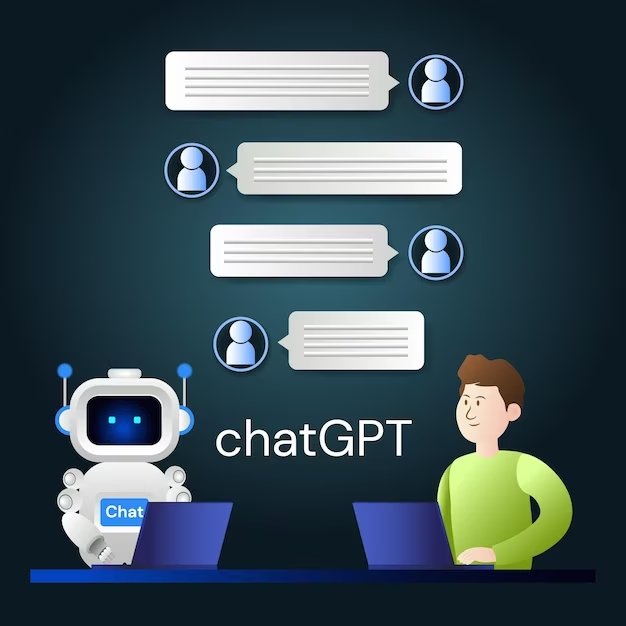Plagiarism Concerns of ChatGPT's Content and Its Impact on Google Ranking
As an AI language model, ChatGPT generates responses based on patterns

and examples it has learned from the vast amount of text it was trained on. While efforts are made to prevent plagiarism during training, there is still a possibility that some responses generated by ChatGPT might resemble existing content.
Regarding the impact on Google ranking, it's essential to understand that ChatGPT's content is dynamically generated and not pre-existing on the web. Search engines like Google primarily rank web pages based on the content found on those pages and various other factors like relevance, authority, backlinks, user engagement, etc.
If the content generated by ChatGPT is used to create web pages, blog posts, or any other content that is published online, those pages will be treated like any other web pages in terms of SEO (Search Engine Optimization). It means that their ranking will depend on how well they comply with SEO best practices, how unique and valuable their content is, and how well they meet the criteria that search engines like Google use to rank pages.
In summary, the content generated by ChatGPT itself does not have an inherent effect on Google ranking. Still, the content's quality, uniqueness, and compliance with SEO best practices on the platforms where it is published will play a role in determining its search engine ranking. If the content is original, valuable, and relevant to users, it has a higher chance of performing well in search engine rankings. Conversely, if it is plagiarized or lacks value, it may negatively impact the ranking or be subject to penalties from search engines.
What's Your Reaction?





















